


ZURICH - Alexa, I love you! In India, people seem to get quite emotional with their digital assistants: 19,000 times a day, customers say ‘I love you’ and 6,000 times a day people ask Alexa to marry them. Users in the United States or Germany are not that different. Americans say ‘please’ and ‘thank you’ a lot, while women seem to be more polite to their smart speakers than men. Germans are a bit shyer, but at least they say ‘I like you’ a lot. And by a lot, that adds up to 1.5 million times in the first year of 2021. UK residents take this to yet another level. A few months into lockdown, a not-so-serious study in the UK came out on how ‘lockdown made men lust after their Amazon Alexa.’
The idea of emotional attachment to non-humans or even to non-living beings is not new: as children, we love our teddy bears. Some people also give their cars nicknames and pat them when they arrive at a destination safely. The famous Heider Simmel Illusion has shown us that all it takes is a few moving triangles to fool our minds into thinking that they are moving for some reason or chasing each other. This is all evidence of one of the greatest capacities of the human mind: our ability to humanize the non-human. This is called anthropomorphism - a psychological feature, so to speak, that helps humans to make sense of the world, satisfy various needs, or cope with negative emotions such as loneliness stemming from COVID-19 lockdowns.
The ane
The content herein is subject to copyright by The Yuan. All rights reserved. The content of the services is owned or licensed to The Yuan. Such content from The Yuan may be shared and reprinted but must clearly identify The Yuan as its original source. Content from a third-party copyright holder identified in the copyright notice contained in such third party’s content appearing in The Yuan must likewise be clearly labeled as such. Continue with Linkedin
Continue with Linkedin
 Continue with Google
Continue with Google

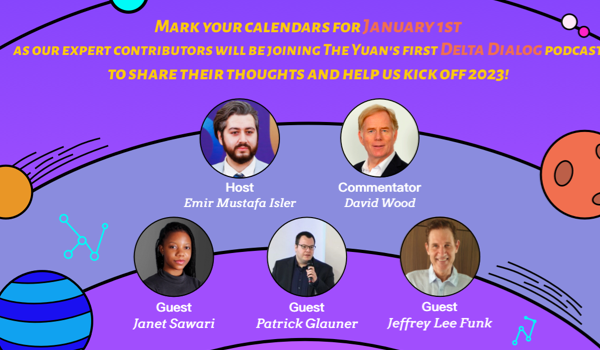







 1156 views
1156 views


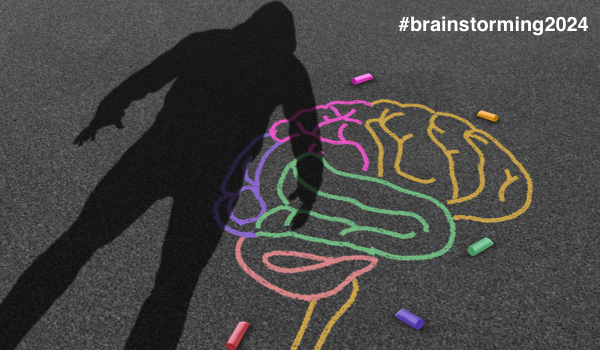
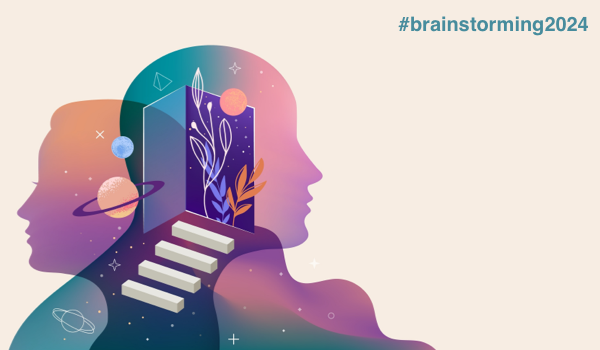
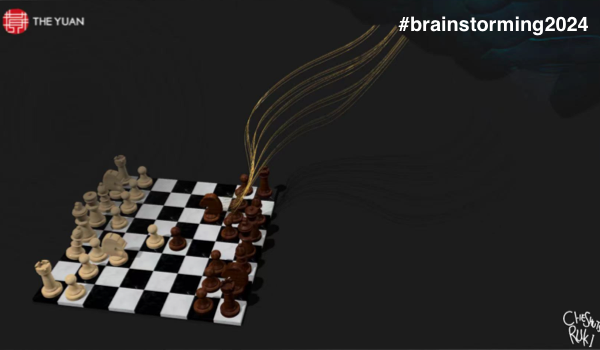
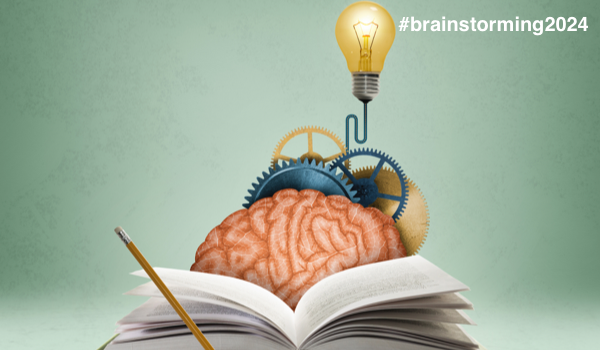



2022-05-30